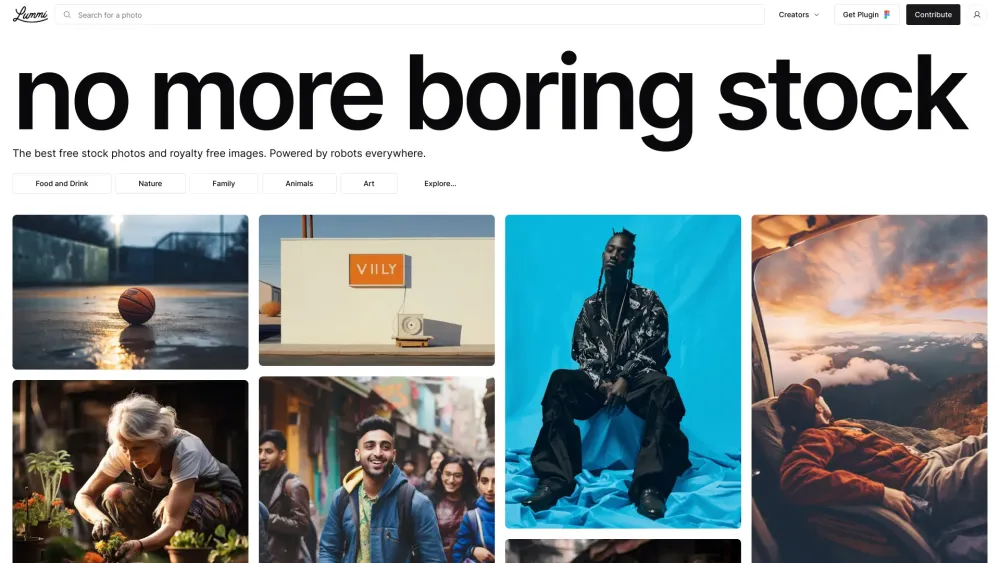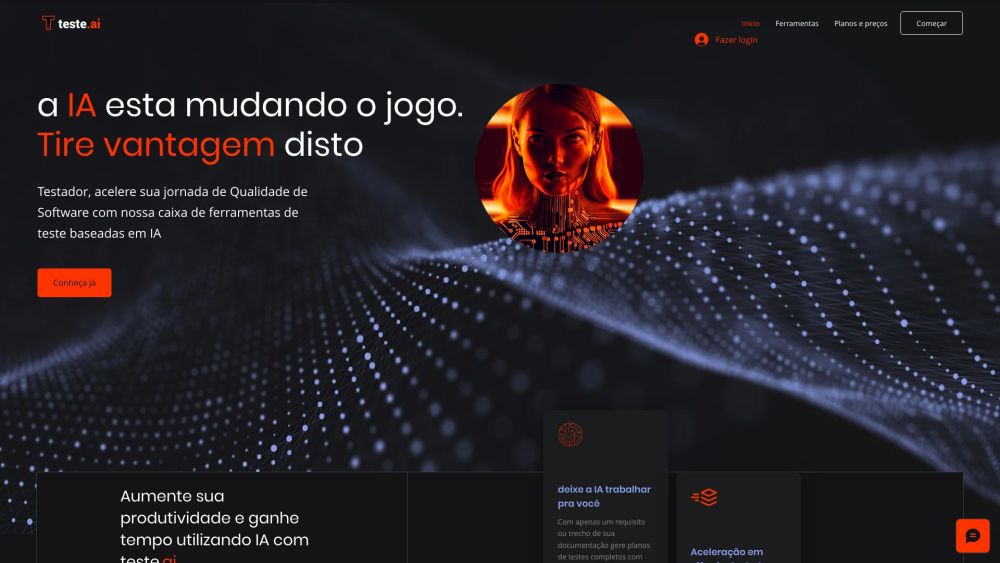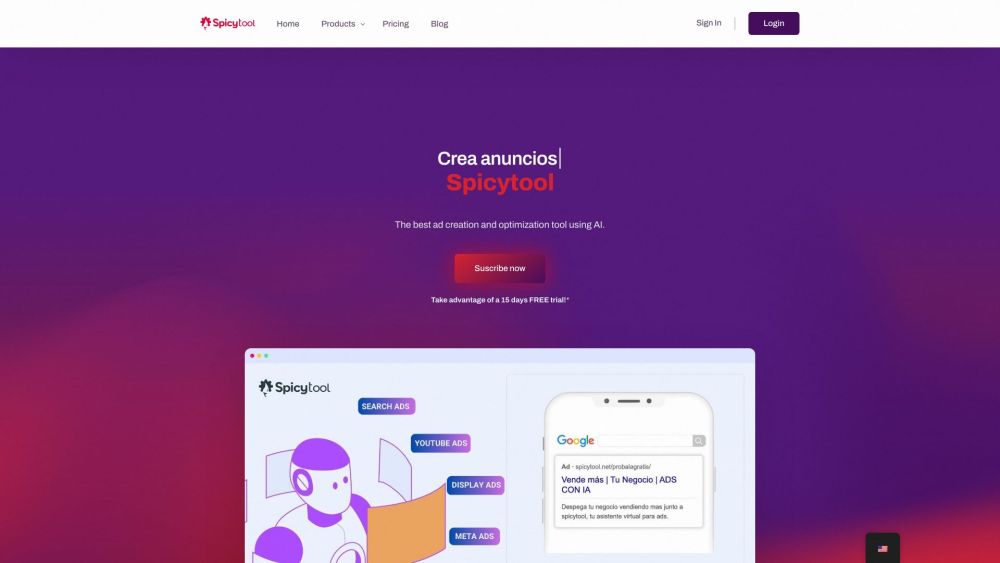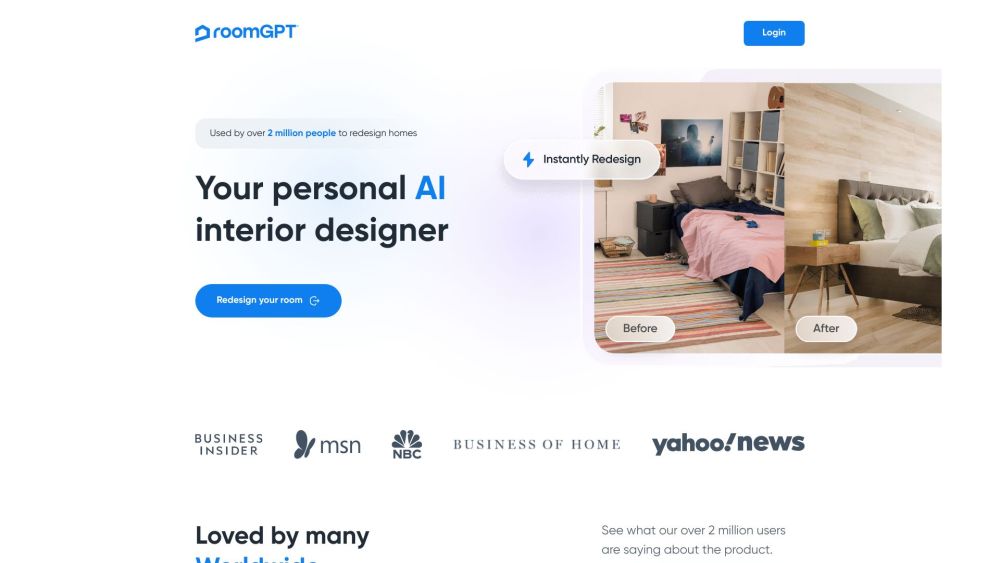Governments worldwide are increasingly recognizing the potential of generative AI to disrupt various sectors, prompting swift action. Thierry Breton, the European Commission's industry chief, announced plans to collaborate with Alphabet on a voluntary pact to establish foundational guidelines for artificial intelligence. Following a meeting with Google CEO Sundar Pichai in Brussels, Breton emphasized the importance of involving companies from Europe and beyond in this initiative.
The European Union (EU) has a track record of implementing stringent technology regulations, and this partnership allows Google to contribute to the conversation while avoiding future complications. The primary goal is to create guidelines in advance of formal legislation, such as the EU’s proposed AI Act, which will take time to finalize. Breton stressed the urgency of proactive measures: “Sundar and I agreed that we cannot afford to wait until AI regulation becomes applicable. We must collaborate with all AI developers to create a voluntary AI pact ahead of the legal deadline.” He is pushing for EU nations and lawmakers to finalize specifics by year-end.
In a parallel effort, EU tech chief Margrethe Vestager indicated that the EU would also work with the United States to establish minimum standards for AI. She hopes for a unified regulatory approach by the end of 2023, stating, “This would still leave one, if not two years, before implementation, so we need interim measures.” Key areas of concern for the EU include copyright, disinformation, transparency, and governance.
OpenAI’s ChatGPT, associated with rising AI concerns, gained rapid popularity after its November launch, becoming the fastest-growing application despite the absence of an official mobile app until recently. However, its rapid adoption raises valid fears about societal consequences. Similarly, AI-generated images are becoming increasingly realistic, and voice cloning technology can replicate the voices of public figures, raising stakes for potential misuse. The looming advancement of video generators poses additional threats, particularly regarding deepfakes.
While generative AI offers remarkable creative and productivity potential, it also endangers the livelihoods of content creators and introduces new security and privacy risks. If left unchecked, companies may prioritize profits over societal well-being, risking significant global disruption when combined with malicious actors. Vestager highlighted the urgency of establishing safeguards: “There is a shared sense of urgency. We need guardrails to maximize the benefits of this technology. Can we reach a consensus on minimum expectations for companies before legislation takes effect?”





